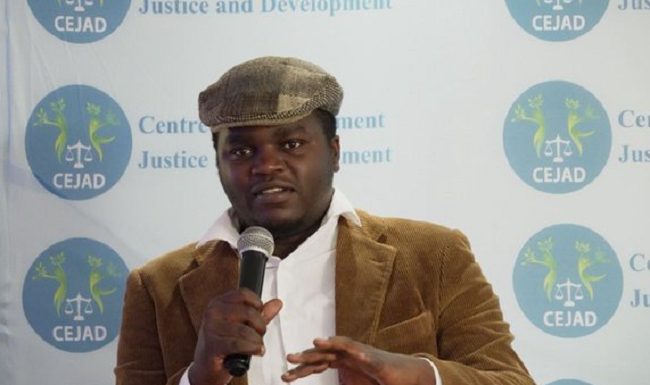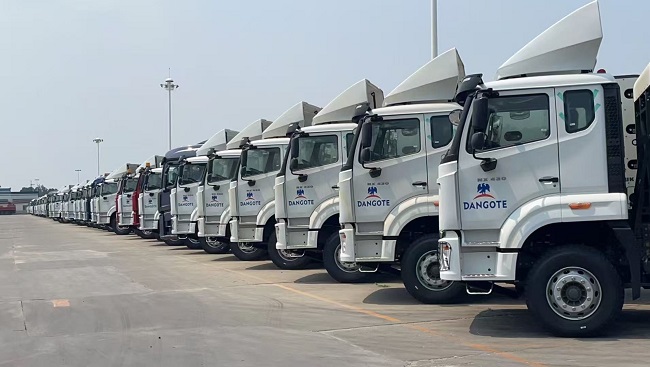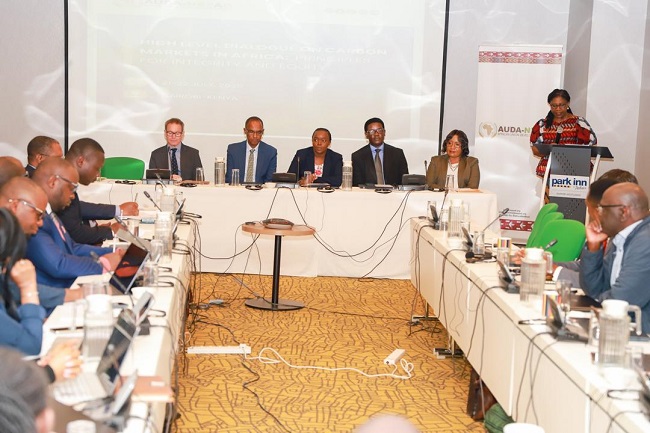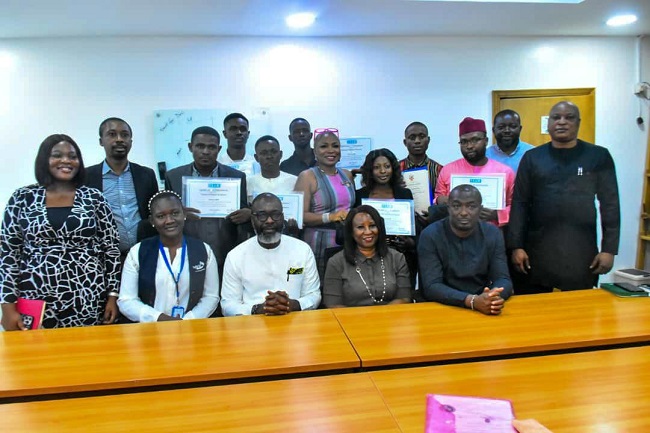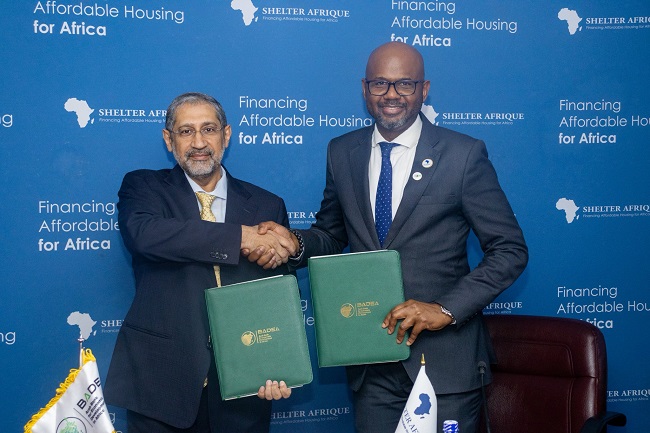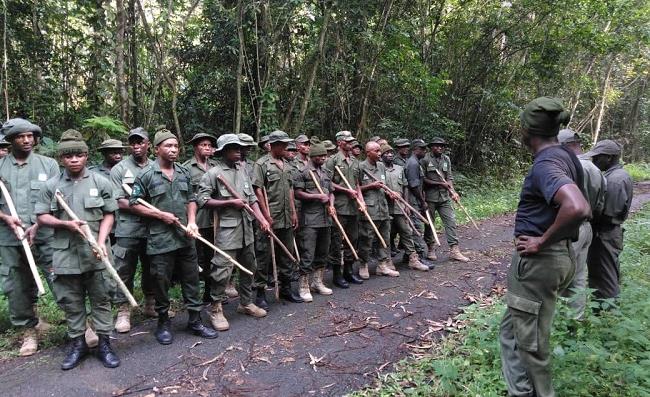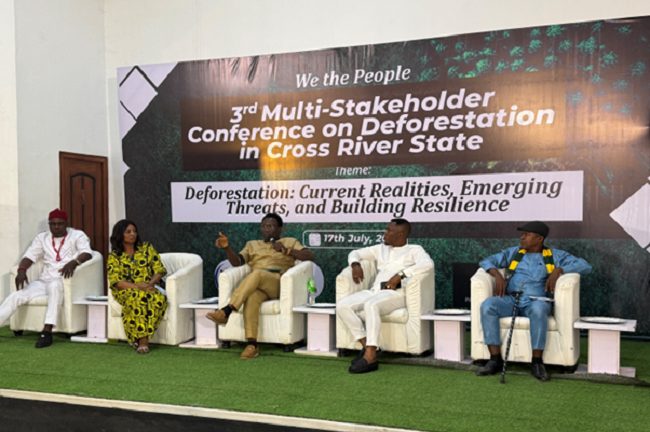A tragic incident unfolded on Monday, July 28, 2025, in Itasin-Imobi community, Ijebu-East Local Government Area of Ogun State, when a wild elephant fatally attacked a local farmer, Mr. Kalamu, on his farm.
According to eyewitnesses, the elephant – already known to the community for years due to repeated destruction of farmland and fishing gear – invaded the victim’s farmland and attacked him, leading to his untimely death. This heartbreaking event has intensified fear and anger within the community, which has been grappling with human-wildlife conflict for over four years without sustainable government intervention.

Understanding the Conflict
The elephant involved is believed to be one of the few remaining in that part of southwestern Nigeria, likely displaced from its natural habitat due to habitat loss, deforestation, or human encroachment. However, while the conservation of endangered species is a national and global priority, the safety and livelihood of rural communities must not be compromised. This incident exemplifies the growing tension between rural survival needs and wildlife conservation, particularly in forest-edge communities.
However, Commissioner for Forestry in Ogun State, Oludotun Taiwo, explained that the area where the incident occurred is a forest reserve designated for wildlife, but members of the public often ignore government warnings and venture too close to the area.
He said: “It’s a very sad incident. The place in question is a designated conservation area meant strictly for wildlife, especially elephants. Unfortunately, some people still go in there for illegal activities like logging. The man that died was reportedly trying to move illegal logs when the elephant attacked him.
“We’ve done a lot of sensitisation in that area. We’ve erected signboards, built barriers, and even demolished illegal settlements, but people keep going back. These elephants are not aggressive by nature. They only fight back when provoked. That’s why we keep educating the public not to confront them.
“This forest spans over 6,000 hectares. It’s not a farm settlement, and we don’t expect people to reside there. But due to human encroachment, conflicts like this sometimes happen. We sympathise with the family, and despite the hostility we met initially, we’ll still go back to condole with them and keep sensitisng the community.”
Community Concerns
- The elephant has been a persistent threat, destroying crops and property for years.
- Repeated complaints and sightings have reportedly not led to sufficient response from relevant authorities.
- The death of Mr. Kalamu marks an escalation from economic damage to loss of life, making this no longer a conservation issue alone but a public safety emergency.
GMI’s Recommendations to Government and Stakeholders
1. Immediate Response Team: The Ogun State Government, through its Ministry of Forestry and relevant wildlife departments, should deploy wildlife experts to assess the situation and track the elephant.
2. Compensation and Support: The family of the late Mr. Kalamu should receive immediate support and compensation as a matter of justice and community trust.
3. Community Sensitisation: Launch a rapid awareness campaign in surrounding communities on how to respond to elephant presence and reduce risk.
4. Wildlife Relocation or Monitoring: Consider non-lethal relocation or continuous monitoring of the elephant if it poses continued threat.
5. Long-Term Buffer Zones: Create safe buffer zones and barriers between human settlements and remaining elephant habitats.
6. Conflict Mitigation Plans: Develop a coordinated human-wildlife conflict policy involving local governments, NGOs, traditional leaders, and conservationists.
A Call for Balance
While the protection of endangered species like elephants is critical to biodiversity and ecosystem health, we must not allow conservation to cost human lives. What happened in Itasin-Imobi must serve as a wake-up call to both government and society that proactive, inclusive approaches are needed.
The Green Mobilisation Initiative (GMI) urges all stakeholders to act with compassion, urgency, and balance – ensuring that Mr. Kalamu’s death leads not to vengeance, but to reform that protects both people and wildlife.
By Gabriel Aborele, Founder/Global Lead, Green Mobilisation Initiative (GMI); Email: info@greenmobilisationinitiative.com

